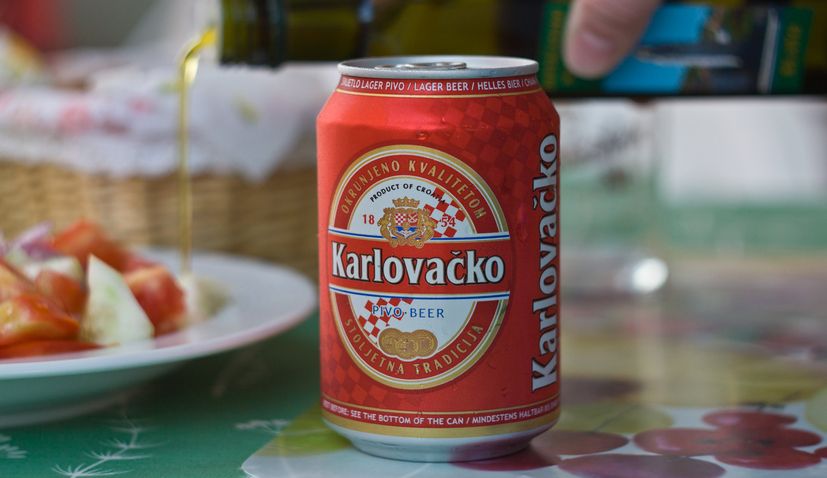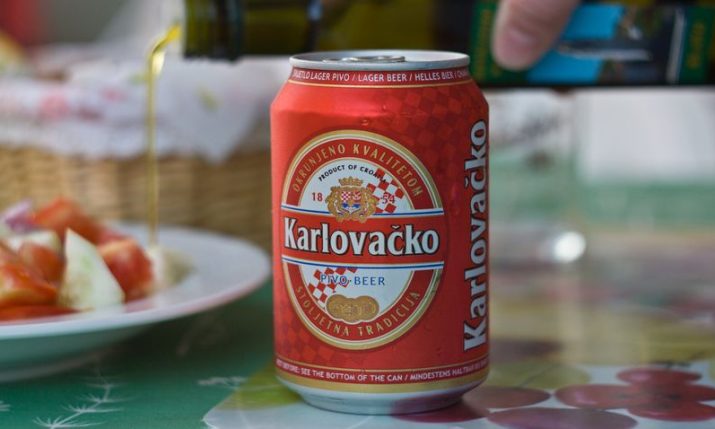by croatiaweek
September 10, 2025
in

(Photo credit: ahenobarbus/CC BY-SA 2.0)
Changes to Croatia’s Trade Act could see stricter rules on alcohol sales introduced from next year, as the government looks for ways to address growing concerns over drunken behaviour in popular tourist centres.
The Ministry of Economy is preparing amendments that would give local authorities more control over when and where alcohol can be sold, RTL Danas reports.
Although still at the proposal stage, the move comes after repeated complaints from residents and city officials about rowdy, often intoxicated, young tourists disturbing public order in places such as Split and Zadar.
On Zadar’s main pedestrian street, Kalelarga, seven shops currently sell alcohol within just a few hundred metres, including chilled beer.
Similar scenes can be found in other coastal towns, where alcohol purchased cheaply in shops fuels late-night street drinking.
Several European countries already impose such restrictions. In Scandinavia, chilled alcoholic drinks cannot be sold in shops, while in Hungary and Poland sales are banned between 10 p.m. and 6 a.m.
Croatian officials are now considering similar measures, including limiting sales of cold drinks in tourist zones, banning sales at kiosks and petrol stations, or introducing time-based restrictions.
Zadar’s mayor, Šime Erlić, supports giving cities the power to regulate alcohol sales, saying it would bring Croatia in line with Western European practices and help restore order.
Split’s mayor, Tomislav Šuta, agrees, pointing out that problems with drunk tourists were visible throughout the summer and that new rules would benefit both residents and hospitality businesses.
Not everyone is convinced. While the Croatian Employers’ Association has reserved judgement, Zadar’s Association of Traders has warned that smaller shops would be hardest hit.
“Sales of chilled beer make up 30 to 40 percent of turnover in small shops,” said its president, Zoran Paleka. He argued that restrictions would drive customers to large supermarket chains while forcing small shops to close.
The Ministry of Economy has stressed that all options remain under discussion and that any draft legislation will be opened to public consultation before being finalised.
For now, the debate highlights a balancing act: preserving Croatia’s tourism industry while protecting the quality of life for locals – and perhaps challenging the summer tradition of enjoying a cold beer on the go.
